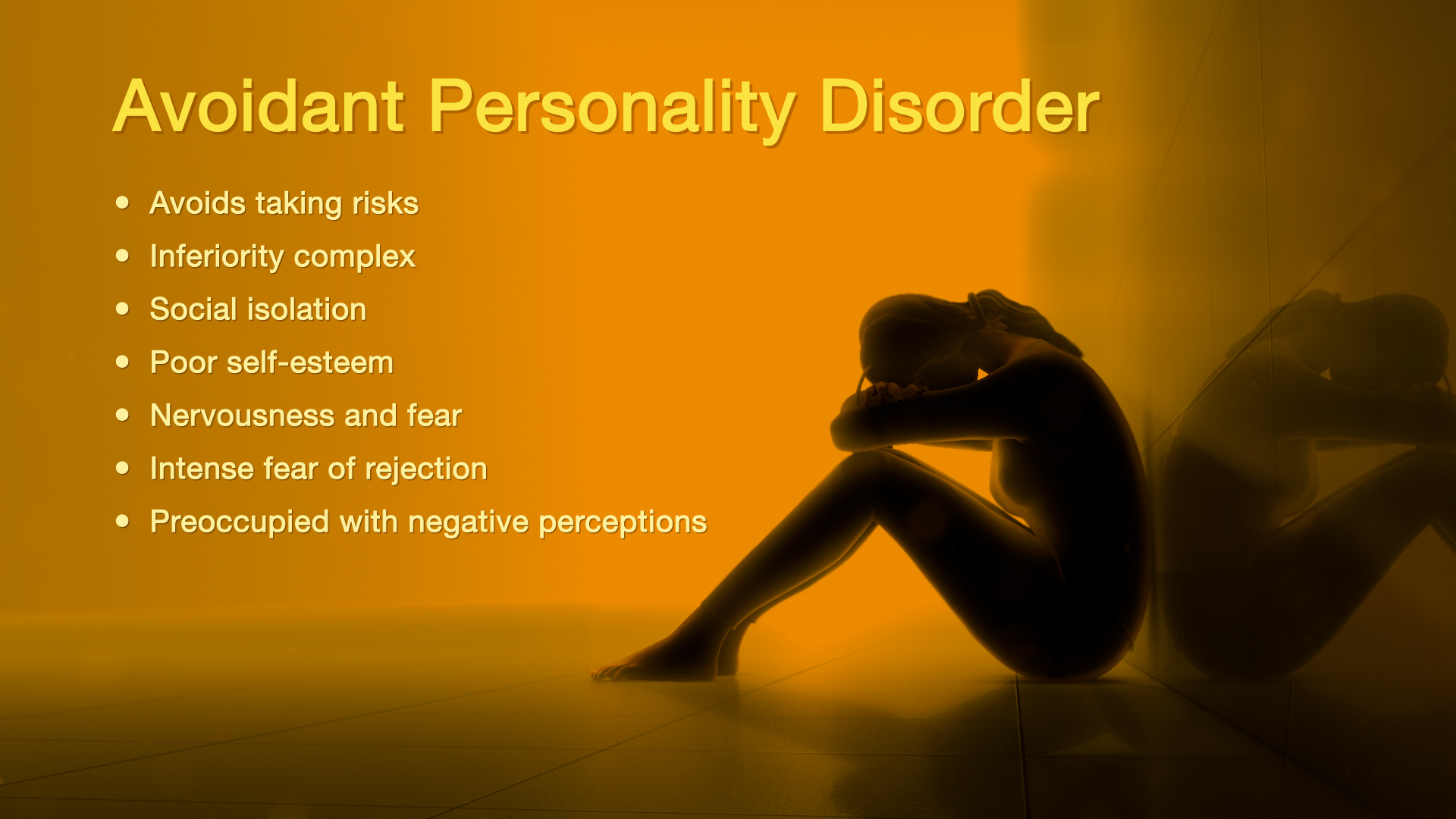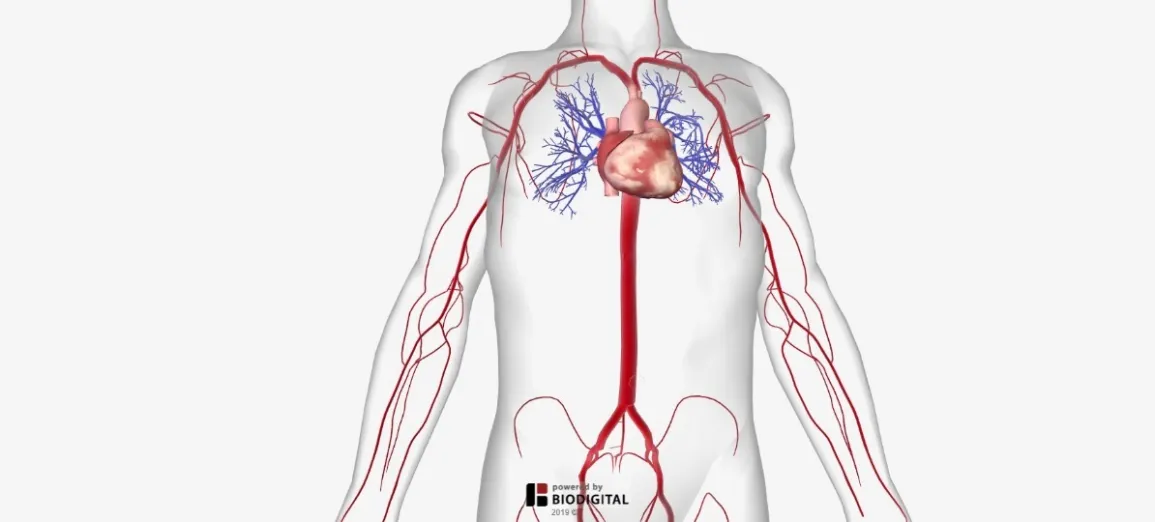Avoidant personality disorder is a mental health condition characterized by a pervasive pattern of social inhibition, feelings of inadequacy, and1 hypersensitivity to negative evaluation. Individuals with2 this disorder often avoid social situations and relationships due to fear of rejection or criticism.
Symptoms of Avoidant Personality Disorder:
People with avoidant personality disorder may exhibit the following symptoms:
- Social Inhibition: A pervasive pattern of social inhibition, feelings of inadequacy, and hypersensitivity to negative evaluation.
- Fear of Rejection:3 Intense fear of rejection or criticism, leading to avoidance of social situations.
- Limited Social Interactions: Restricting social activities due to fear of rejection.
- Low Self-Esteem: Feelings of inferiority and inadequacy.
- Fear of Negative Evaluation: A constant fear of being negatively judged or criticized.
- Avoidance of Social Situations: Avoiding social situations, especially those involving unfamiliar people.
- Restraint in Intimate Relationships: Fear of intimacy and closeness.
- Hypersensitivity to Negative Evaluation: Exaggerated fear of rejection or criticism.
- Social Inhibition: Hesitancy to take risks or engage in new activities due to fear of embarrassment or failure.
Causes of Avoidant Personality Disorder
The exact causes of avoidant personality disorder are not fully understood. However, a combination of genetic and environmental factors may contribute to its development. Some potential factors include:
- Genetic Predisposition: A family history of anxiety or mood disorders may increase the risk.
- Childhood Experiences: Adverse childhood experiences, such as bullying or neglect, can contribute to the development of avoidant personality disorder.
- Learned Behaviors: Negative experiences in social situations can lead to avoidance behaviors.
Treatment of Avoidant Personality Disorder
Treatment for avoidant personality disorder typically involves psychotherapy, particularly cognitive-behavioral therapy (CBT). CBT can help individuals challenge negative thoughts, develop social skills, and gradually expose themselves to social situations. Medication, such as antidepressants or anti-anxiety medications, may be used to address specific symptoms, such as anxiety or depression.
With appropriate treatment and support, individuals with avoidant personality disorder can learn to manage their symptoms, improve their social skills, and develop healthier relationships.



